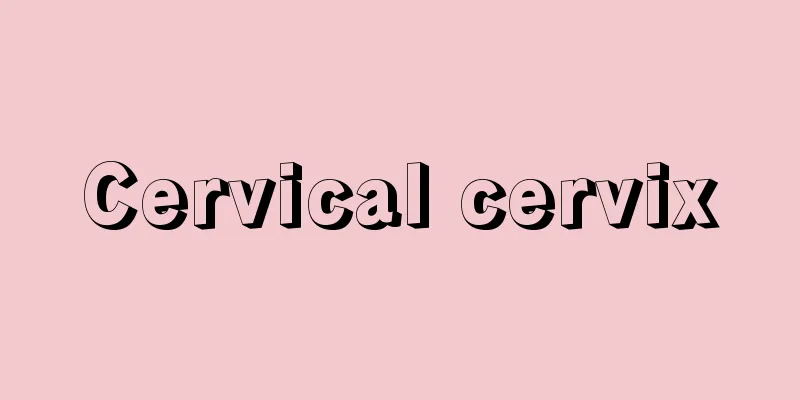How long does it take to get pregnant after an MRI?

|
There are many precautions when doing an MRI examination. Everyone must go to a regular hospital for this examination. The scope of MRI examination is very wide, but it is not comprehensive. Therefore, MRI also has some contraindications. Patients who are not suitable for it must not do it. In addition, after the MRI examination, the patient's changes should be closely observed. If there are any abnormal conditions, they should be dealt with in time. If a woman has done an MRI examination, how long will it take before she can get pregnant? How long after an MRI can I get pregnant? In daily life, whether as outpatients or on the Internet, many pregnant mothers are worried: Can they do MRI during pregnancy? How long after doing an MRI can I get pregnant? In fact, you can do MRI or even CT scan during pregnancy. Generally speaking, the radiation dose from X-rays or CT scans currently performed is far below the range that people need to worry about, so the impact on pregnancy is negligible. How long after MRI can I get pregnant? Magnetic resonance scanning uses the principles of magnetic field and nuclear resonance to form images. It uses radio frequency electromagnetic waves to excite non-zero spin atoms in the human body placed in a magnetic field. It has nothing to do with nuclear radiation. Currently, there is no clinical report on the side effects of magnetic resonance imaging on the human body. The book describes the effects of MRI on reproduction very clearly. MRI is not recommended within 3 months of pregnancy, but it does not clearly state what effects it will have on the fetus. Currently, very few pregnant patients undergo MRI examinations, and doctors will also give patients corresponding reminders. The MRI examination will not affect pregnancy plans. MRI is different from X-ray and CT. Electromagnetic resonance imaging has little impact on pregnant women, and you can get pregnant the next month after the test. Unlike radiotherapy, diagnostic radiology examinations such as CT have little effect on sperm and can be performed after one month. If you are directly exposed to X-rays, it will still have some impact on your pregnancy plans, but you can consider pregnancy plans after half a year. 1. Although ultrasound and MRI are risk-free, they should still be used with caution and are recommended only to answer clinically relevant questions or when they are beneficial to the patient. 2. With a few exceptions, the radiation dose from diagnostic X-rays, CT scans, and nuclear medicine imaging is far lower than the dose that would harm the fetus. If it is necessary to combine them with ultrasound and MRI to assist diagnosis, it is recommended that their use should not be refused. 3. It is recommended to limit the use of MRI and only use it when it greatly helps the diagnosis or improves the prognosis of pregnant women and fetuses. 4. There is no need to interrupt breastfeeding after using gadolinium contrast agent. |
<<: Why do fat particles grow in the corners of the eyes?
>>: 28 weeks stomach tightness and hardness
Recommend
When I am three months pregnant, my belly will bulge when I lie flat
After more than three months of pregnancy, if you...
Can I practice hot yoga during my period?
Yoga has a very good effect on body shaping. Many...
Is habitual ankle sprain serious? How to prevent it?
Many friends who love sports will encounter such ...
What are the obvious symptoms of pregnancy
Generally, the symptoms of pregnancy are not obvi...
How to effectively treat vulvar itching?
Normally, it is normal to feel itchy anywhere on ...
What should I do if my period comes once every two months?
After entering puberty, men begin to secrete male...
The less staple food, the better! 10 truths about the diet of diabetics
Diabetics face many challenges in their daily liv...
What is the function of baking paper? What does common baking paper look like?
Baked food is not only nutritious, but also has p...
What are the symptoms of uterine cold?
For female friends who have suffered from uterine...
What should I do if I have vaginal itching?
Nowadays, many women suffer from vaginal itching....
What are the advantages of a steam-bake machine? How to choose a steam-bake machine
As people's quality of life improves, everyon...
Will breast pain occur during menopause?
Menopause is a special period for women. When a w...
Can I still have a baby after a hysterectomy?
In recent years, the incidence of many previously...
Causes of pelvic effusion in pregnant women
The physical health of pregnant women is an issue...
Pregnant woman eats bacon and the fetal heartbeat stops
There are many things to pay attention to in the ...









